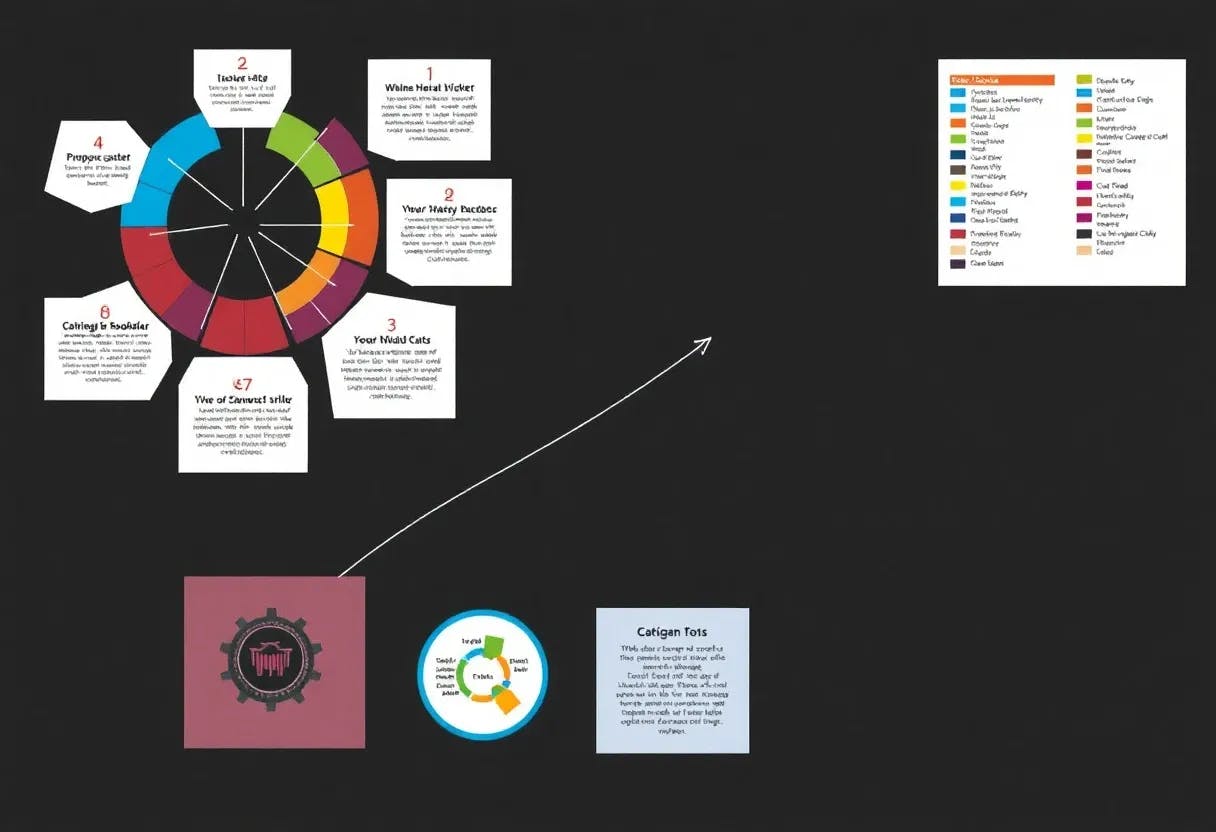
Holography Light: Justification and Future Theory
4 Nov 2025
This conclusion argues that a perfect match between Holography Light and other results does not justify the full holographic technique

Non-Fermi Liquids: Diverse NFL Scaling Behaviors
4 Nov 2025
This section explores the diverse scaling behaviors of the fermion propagator in various Non-Fermi Liquid (NFL) contexts.

Holography in Cuprates: Critical Review of Quantitative Claims
31 Oct 2025
This article critically examines the application of semiclassical holography to the 'strange metal' phase in cuprates.

Holographic Propagators: Geodesics and Local Criticality
31 Oct 2025
This section reviews holographic fermion propagators obtained from semiclassical calculations in the mL > 1 regime, focusing on the action's geodesic paths.

The Ubiquitous NFL Problem: Comparing Bosonization, Eikonal, and Holographic Techniques
31 Oct 2025
This section critically reviews the status of holographic duality in condensed matter physics, noting the decline of the heuristic 'holo-hacking' approach.

Legacy Bosonization: What You Need to Know About Its Legacy and Limits
31 Oct 2025
This paper reviews the legacy bosonization approach for generic condensed matter problems, highlighting its similarity to the eikonal technique

Small-N Limit: Eikonal vs. Maximally Crossed Diagrams
31 Oct 2025
This section describes the straightforward eikonal approach used to calculate the fermion propagator in the small-N limit.

Fermion Propagators: Stability of Self-Energy
29 Oct 2025
This section details the diagrammatic rules for computing the fermion propagator in Non-Fermi Liquids where interactions are mediated

Fermion Propagators: Bosonization vs. Holography
29 Oct 2025
This note addresses the challenge of computing fermion propagators in a broad class of strongly correlated systems
